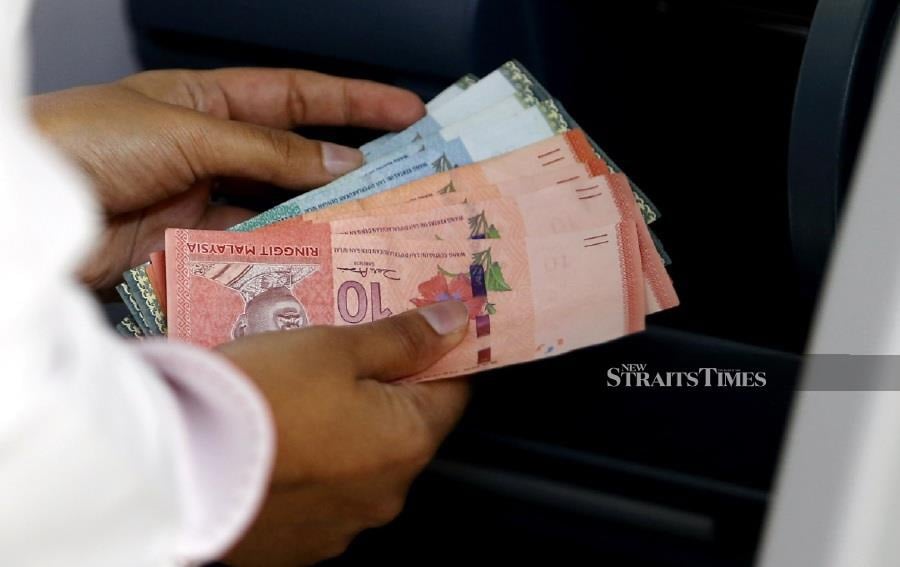KUALA LUMPUR: The ringgit's decline to 4.8 against the US dollar recently, is a symptom of the fall in Malaysia's competitiveness since the Asian Financial Crisis (AFC) in 1998, and the 1Malaysia Development Bhd (1MDB) shock, says World Bank lead economist for Malaysia.
Apurva Sanghi on X today weighed in on the reasons behind the steep fall of the ringgit compared with other Asean currencies, impacted by the same external factors of China's economic slow down and US' interest rate hikes.
He said these external factors have varying affect due to differences in domestic conditions and response of the countries.
Apurva explained that the Philippine peso, Vietnamese dong, Indonesian rupiah, Thailand baht, have all depreciated less than the ringgit against the US dollar, since the last US rate hike.
For example, the Vietnamese dong, which is even more export dependent on China than Malaysia, has depreciated lesser than the ringgit.
"Weak ringgit is ultimately a symptom of long-term decline in Malaysia's competitiveness," he said.
Citing the outperformance of the Thai baht and Korean won since the AFC, Apurva said the ringgit started out stronger in the aftermath of AFC, however the two currencies are stronger now because Thailand and South Korea were, arguably, the two countries that reformed the most after the AFC.
"They opted for short-term pain; long-term gain...but not Malaysia," he said.
Apurva also said that Malaysia last saw a fiscal surpus in 1997, with investments share of gross domestic product (GDP) falling from 43 per cent to 19 per cent since then.
Malaysia's fisal deficit stood at 5 per cent in 2023.
Exports share of GDP has also fallen from 120 per cent in 1999 to 68 per cent in 2023.
Apurva said the 1MDB shock, also adversely affected market sentiment and reduced Malaysia's attractiveness to foreign investors.
"Ultimately, a currency reflects a nation's societal, economic, political vibrancy," he added.
As at noon, the ringgit traded at 4.775 to the US dollar.





